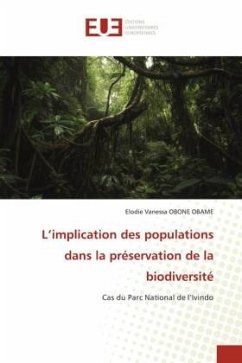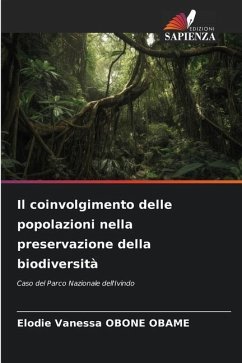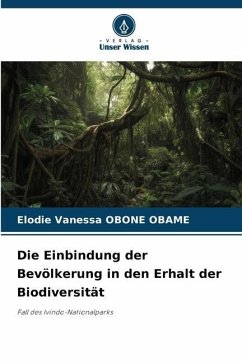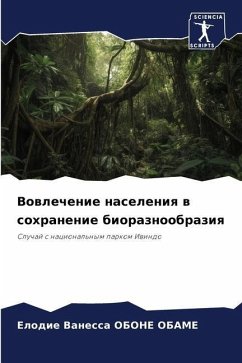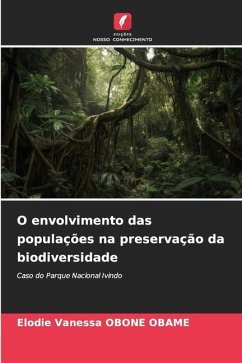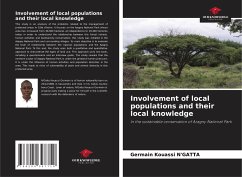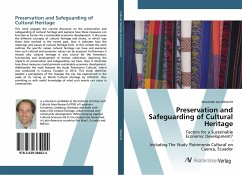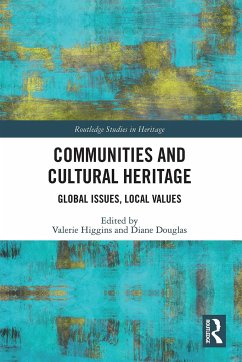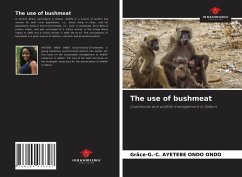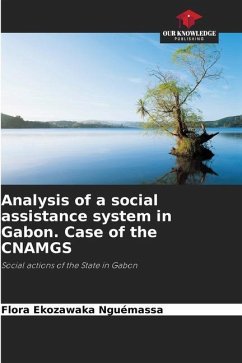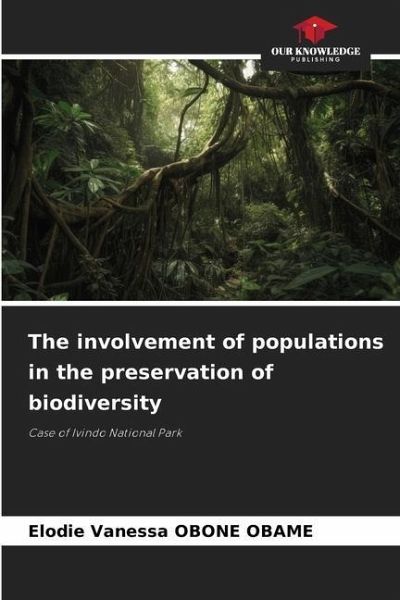
The involvement of populations in the preservation of biodiversity
Case of Ivindo National Park
Versandkostenfrei!
Versandfertig in 6-10 Tagen
45,99 €
inkl. MwSt.

PAYBACK Punkte
23 °P sammeln!
There is a special bond between local people and nature. Because of this link, these populations have managed to become familiar with their natural environment over generations, to develop unique practices and to perpetuate traditional knowledge in the preservation of biodiversity. It turns out that its knowledge is underestimated and not taken into account in governance policies for the biocultural diversity of protected areas (national parks). This despite the existence of mechanisms for the involvement of local communities in the said spaces. Our study questions the consideration of local p...
There is a special bond between local people and nature. Because of this link, these populations have managed to become familiar with their natural environment over generations, to develop unique practices and to perpetuate traditional knowledge in the preservation of biodiversity. It turns out that its knowledge is underestimated and not taken into account in governance policies for the biocultural diversity of protected areas (national parks). This despite the existence of mechanisms for the involvement of local communities in the said spaces. Our study questions the consideration of local populations in the Ivindo National Park in the Ogooué-Ivindo province in Gabon.



